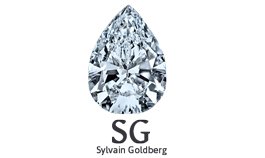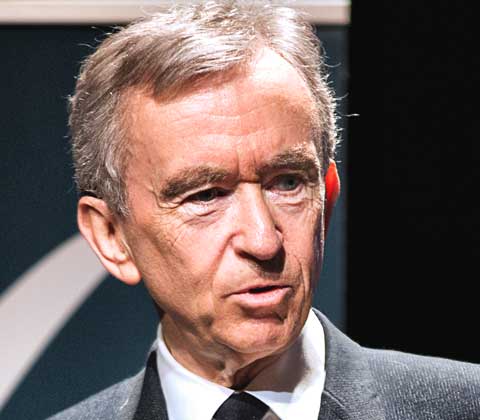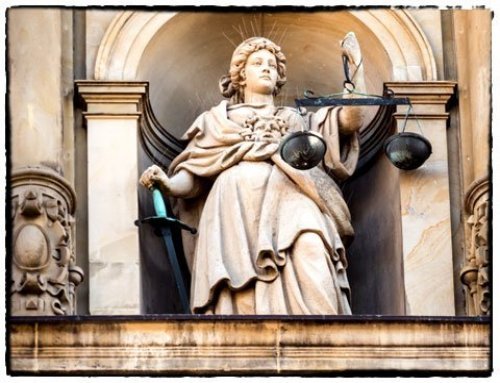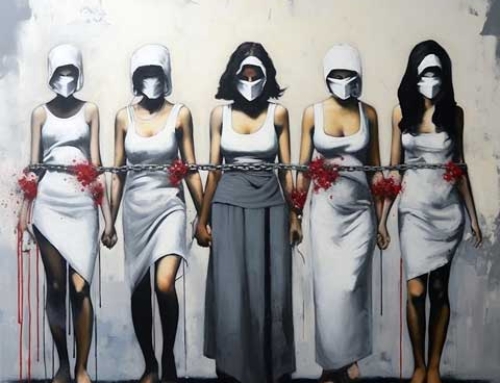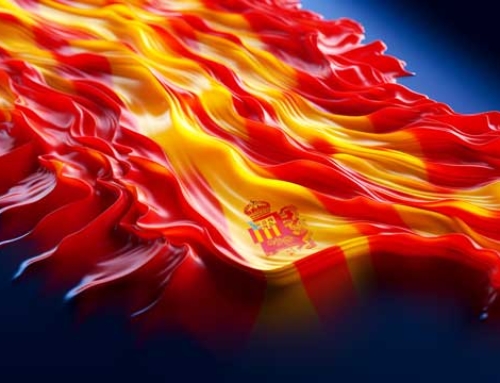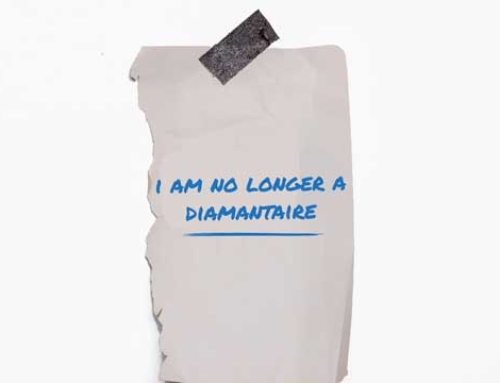The iconic American brand Tiffany & Co. is likely to reject the current $14.5 billion takeover bid by French luxury giant LVMH and its CEO Bernard Arnault, due to a price that is too low, Brian Nagel told CNBC on Monday.
Tiffany confirms that LVMH has offered 120 USD per share in cash. This is a premium of nearly 22% over last Friday’s share price. Tiffany’s shares opened Monday at $127.65, nearly 30% higher than the previous price.
“I don’t think Tiffany will sell for $120,” Oppenheimer analyst Nagel said on Squawk Box (CNBC).
However, Nagel believes that Tiffany is interested in selling to LVMH, owner of the Louis Vuitton and Bulgari brands, at a price of about $140 per share. Such an offer would value the jeweller and specialized retailer at nearly $17 billion.
To make his point, Nagel pointed to Tiffany’s highest price ever, specifically $139.50 per share. “I don’t think the company will sell for less than the stock price at the time.”
Nagel is not the only one to predict that Tiffany will reject LVMH’s offer, hoping for a better offer.
Credit Suisse analysts agree with Nagel on the amount of $140 per share. Cowen analysts estimate that Tiffany can obtain an exceptional price of $160 per share. They rely on a series of profitability potentials and synergies that can be created in the event of a takeover by LVMH.
Why do Bernard Arnault and LVMH propose to buy out their poorer rival Tiffany?
LVMH, the luxury company of French billionaire Bernard Arnault, confirmed on Monday that it is in consultation to buy Tiffany. If the deal goes through, it will be the largest purchase ever made by the luxury giant listed on the Paris market.
An announced offer of $14.5 billion is 14 times FactSet’s forecasted revenue before interest, taxes, depreciation and amortization. Tiffany’s investors will probably be in favour of the idea of being bought out, but they can try to obtain more advantageous terms.
The difference in valuation between American and European luxury companies is now close to a record level. A European luxury brand index, compiled by RBC Capital Markets analysts, is traded at a 100% premium to US brands on a forward price/earnings basis. In particular, labels such as Coach and Michael Kors have affected their brands by too often offering products at reduced prices. Tiffany is managed more conservatively and has been evaluated at 19 times the expected profit. The price of LVMH is 24 times the expected profit.
Long term investment
However, the bidder still has a lot of work to do to make the transaction profitable. Tiffany had a number of difficult years. Two years ago, the company was forced to reshape its board of directors after a fight with militant investor Jana Partners. In the three months since July, sales have decreased by 3% compared to the same period last year. None of the regional markets experienced positive sales growth during the quarter and operating margins declined. Tiffany will need to be revitalized if it wants to compete with more lucrative brands such as Cartier.
Bernard Arnault has a lot of experience in the turnaround of jewellery companies in distress. When Bulgari was acquired by LVMH in 2011, its operating margin was only 8% on a turnover of 1.1 billion euros. At the time of acquisition, the company was worth approximately $1.6 billion. In 2018, the brand generated sales of €2.2 billion and a margin of 25%, according to Jefferies’ estimates. Tiffany also offers first-class real estate. The company purchased its 124,000 square meters flagship store on Fifth Avenue in New York, which generates about 10% of global sales, for USD 94 million in 1999.
This approach reveals that the very best options are currently out of reach for LVMH. Bernard Arnault has publicly stated that he admires family businesses and brands such as Hermès and Chanel. A few years ago, he tried in vain to acquire them. The world’s most coveted watch brands, including Rolex and Patek Phillippe, also remain in private hands.
Second best options like Tiffany are cheaper, but investors such as Bernard Arnault will have to wait several years before the brand is completely revamped.
